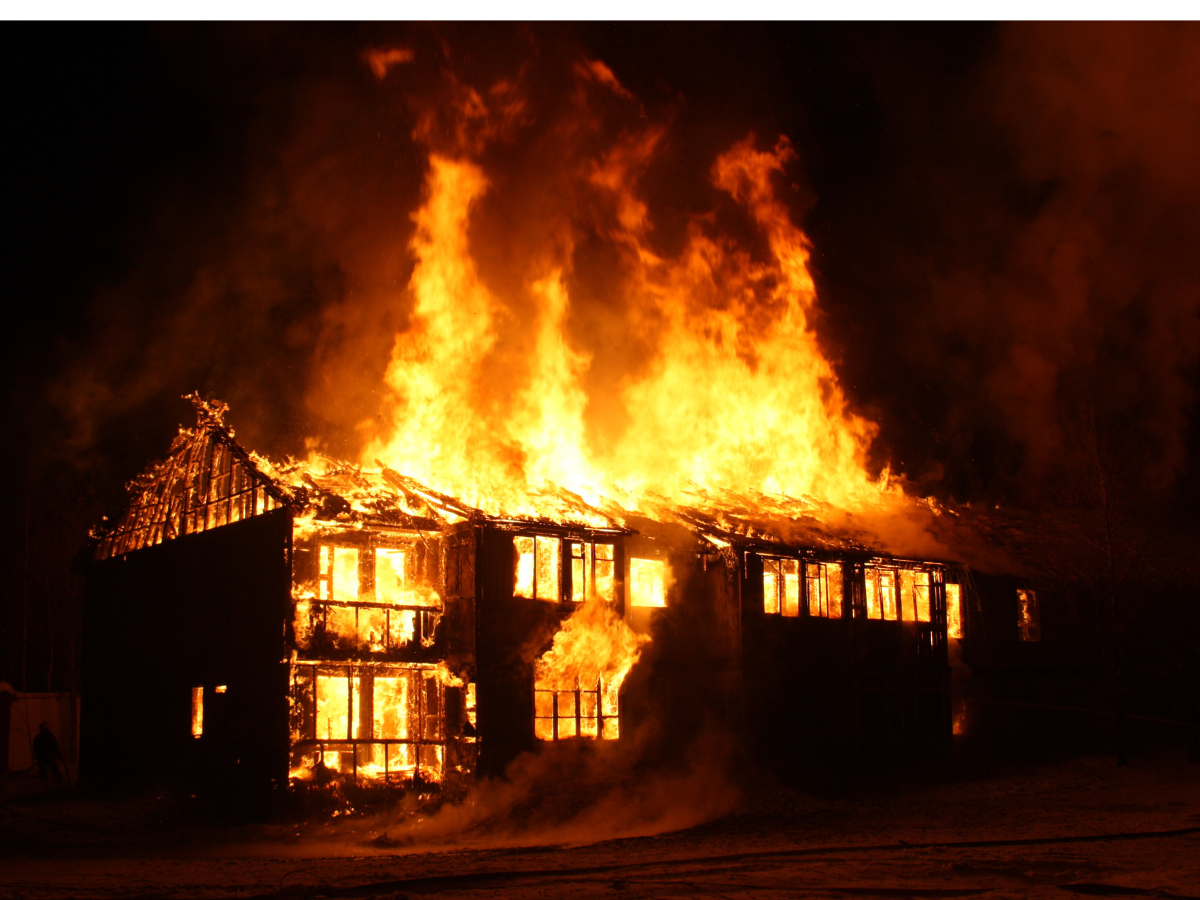The Do’s and Don’t’s When You’re Confronted by Fires
Per an estimate made by the National Fire Protection Association, it takes firefighters around 24 seconds to respond to fire emergencies. A separate NFPA estimate showed that there is one fire-related injury reported every 32 minutes and one fire related death registered every 142 minutes. This significant data and preventive measures will have to be considered so the figures can be improved.
How to Avoid Fire Accidents
Fire accidents can be avoided by being prepared and following the preventive steps listed below.
Consider installing sprinklers and smoke detectors in your home. These systems reduce the potential damage from fire accidents, but you need to check them regularly to ensure that they are still functional.
It is always a good idea to have fire extinguishers at home and placed in accessible areas. Additionally, ensure that you and members of your family are properly trained to use them. Also, keep in mind that fire extinguishers should only be used for small, incipient fires; for the larger types, it’s best to call the fire department.
Cooking is the leading cause of fire-related accidents in the home, so it is important that you remain vigilant when using kitchen appliances. Perform an inspection every now and then, and always make sure that these appliances are turned off after they are used. For any signs of damage, you should immediately call a professional who can make the needed repairs.
What You Should DO During a Fire
- Locate the exit or any way out of the property.
- Avoid smoke inhalation as this could damage the lungs.
- Contact the nearest fire department in your area.
- If other people are trapped in the property, inform the fire department.
- Stay in a safe area until the firefighters arrive.
What You Should NOT Do During a Fire
- Don’t try to put the fire out on your own.
- Don’t go inside the bathroom to hide.
- Don’t use the elevator when going down the property.
- Once you get out, don’t try to re-enter the property.
What to Do After a Fire
Safety is not guaranteed even after the fire has been extinguished, but here are several things you can do.
Sometimes, a fire can rekindle even after it has been put out. If fire damage appears to be extensive, it is best to assume that the property has a good chance of collapsing. Given this, you should not attempt to re-enter the place without this being declared safe by the fire department.
To find out how much damage your property insurance covers, contact your insurance company. They will likely ask you to take several photographs of the damaged property, especially the different areas, but you don’t have to do this by going inside. The pictures can be taken from a safe distance. Also, make a list of all that you have lost because of the fire and their approximate value.
It is important that you contact a restoration company for the necessary repairs and cleanup of your home after it is damaged by fire. It is dangerous to try to do the cleanup yourself as this is best left in the hands of professional restorers.
What Not to Do After a Fire
Deep Water Emergency Services & Restoration said that re-entering your home after a fire is not advisable even if it appears safe. There’s the risk of inhaling harmful chemicals. It’s best to wait until fire damage restoration services have been completed.
Cleaning your property will have to wait until your insurance company has completed its assessment of the total damage. This is done to determine how much can be financially refunded to you based on your present coverage.
After a fire, it is best to not use any items inside your home until professional fire damage restoration professionals have cleaned and disinfected the place and the items found inside like carpets, furniture, and appliances.
Meanwhile, food and beverages that have been exposed to high temperatures can become unpalatable, even if they are sealed. It’s best not to consume them for your own personal safety. Also, avoid turning on electricity and water after a fire as the wires and the pipes could have been exposed to extreme heat and may not function properly.
Key Takeaway
Fires are both damaging and dangerous, but it’s important not to panic when you encounter them. Staying calm will help you to think clearly as you consider the things you should do and not do before, during, and after a fire.
Once the fire has been successfully extinguished, your next concern is how to restore your damaged home. For this, restoration companies can help as they have expert personnel, advanced technology, and a full set of equipment to complete a cleanup and restoration job for you.

